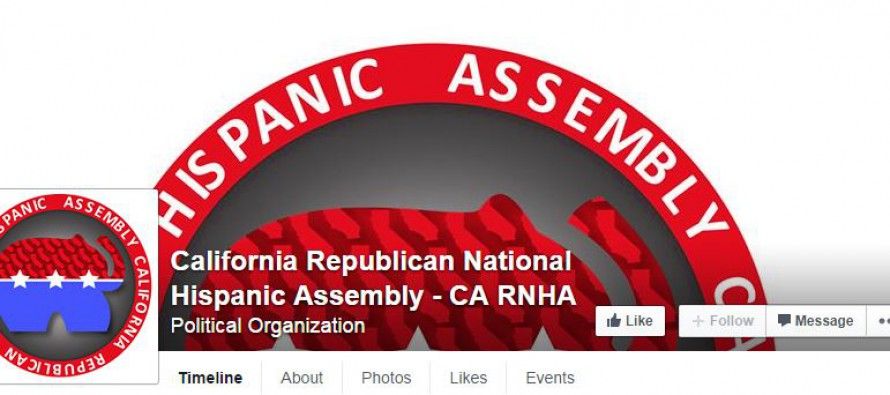CA GOP labors to read Latino tea leaves

 Though the political ground has been shifting in California, new research is giving Republicans only hints about how to woo Latino voters.
Though the political ground has been shifting in California, new research is giving Republicans only hints about how to woo Latino voters.
Much like their nationwide counterparts, for moderate-to-liberal Republicans in the Golden State, Latinos have come to represent an essential outreach opportunity. Unlike some grassroots Republicans and conservatives, centrist Republicans have broadly agreed that a pro-business message focused on the promise of upward mobility can attract a significant and growing slice of the Latino electorate.
Former state party chairman Ron Nehring, currently running for Lieutenant Governor, explained the problem in a recent op-ed in the Sacramento Bee, “House Republicans seen daily on television defining the party brand, increasingly hail from districts where winning the support of Latinos, Asians and African Americans is not essential for their own re-election.”
Nehring underscored how poor the fit has become regarding Latinos. Taking Iowa Rep. Steve King to task for remarks on immigration, Nehring warned that when such comments reach “Spanish-language media such as Univision and Telemundo, they serve to define the Republican Party — and not in a way that does any members of his party in the Southwest any favors. In fact, such comments move many Latinos more firmly into the Democratic camp.”
The state GOP has managed to field a new wave of minority candidates, drawing especially from Asian-American and Latino talent. Nevertheless, without a corresponding upsurge in minority votes, the strategy will likely continue to draw fire. Party members sympathetic to the Tea Party have not been persuaded that a more big government and big business message is worth only marginal increases in minority support.
Competing poll data
Amid that tension, a new raft of polls has attracted heightened attention. One survey, according to the Daily Caller’s Neil Munro, suggested a generational opportunity for California Republicans. He observed, “Deep in the data, the poll shows that native-born, third-generation Latinos tend to be better educated, more likely to be middle-class, more skeptical about illegal immigration, and more likely to vote GOP. In contrast, recent immigrants and first generation Latinos are locked into the wealth-redistributing and diversity-boosting Democratic Party.”
Those conclusions map broadly onto similar judgments pollsters have begun to draw about divides among younger voters in general. Reporting survey results in the Orange County Register, Emily Ekins noted millennials’ overwhelming support for president President Obama’s re-election effort has masked important changes in the way younger voters view their political choices going forward.
Millennials, she concluded, “don’t like Democrats so much as they view them as the least bad of two bad options. Across 15 salient public policy issues, such as privacy, government spending and drugs, millennials say they trust ‘neither’ party to handle 12 of the 15 issues.” Ekins pointed to the rise of young nonwhite libertarians in California Republican politics that was captured in a recent Reuters report.
A different picture is painted, however, by a fresh poll conducted by the Public Policy Institute of California. In an interview with the Los Angeles Times, PPIC president and pollster Mark Baldassare put it bluntly. “All of the trends are working against the Republican Party in California,” he said. Residents under 35 made up just 11 percent of likely Republican voters, and only 18 percent of likely-voter Latinos identified themselves as Republicans.
California Republicans, experts concluded, do have some time to determine the best way forward. As yet, Latinos haven’t thrown their full weight into politics. The PPIC poll found less than a quarter are likely voters, even though they have now accounted for over a third of the statewide population.
Related Articles
LAO report could spur school facilities reform
A new report by California Legislative Analyst Mac Taylor puts school facilities funding at the head of the class. Among other points,
Push for sharp minimum-wage hike under way in San Diego
California’s second-largest and the nation’s eighth-largest city appears sure to have a six-month-plus debate over whether to raise the minimum
Tough Times, But Caltrans Wants More
JAN. 28, 2011 By KATY GRIMES Despite the need for sizable cutbacks to the state budget, Caltrans and the High




